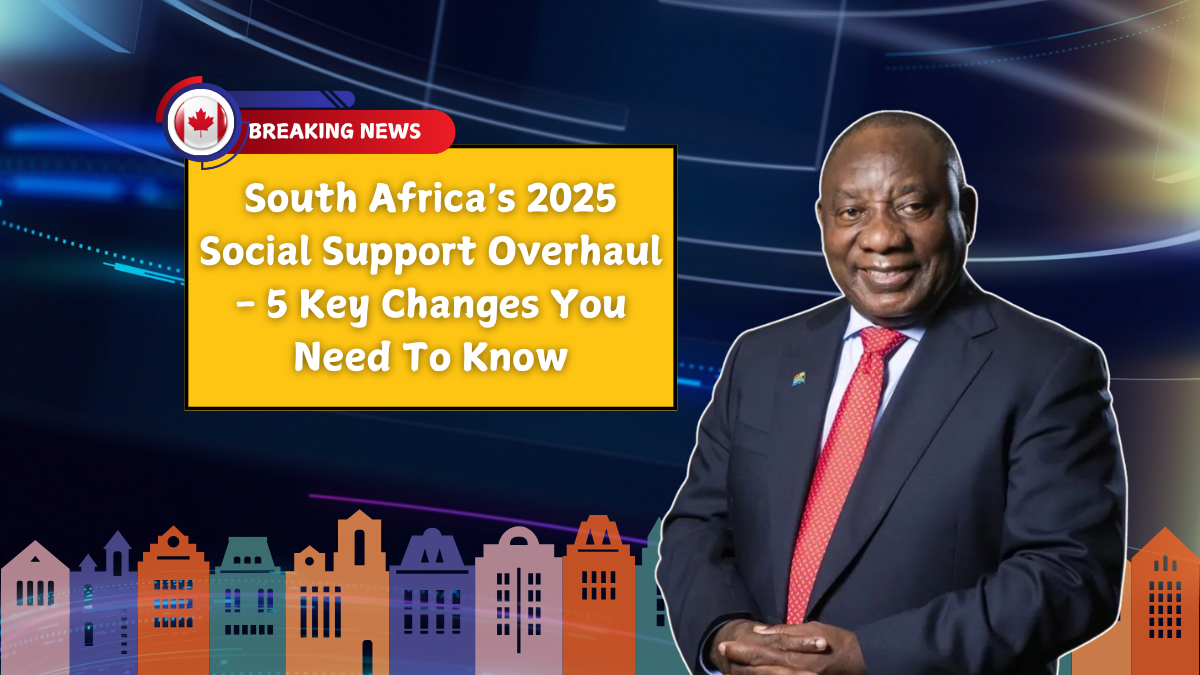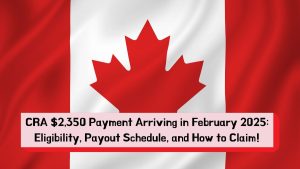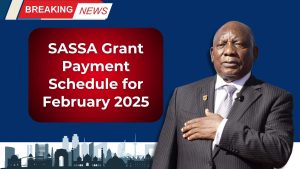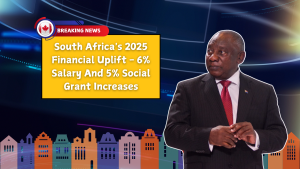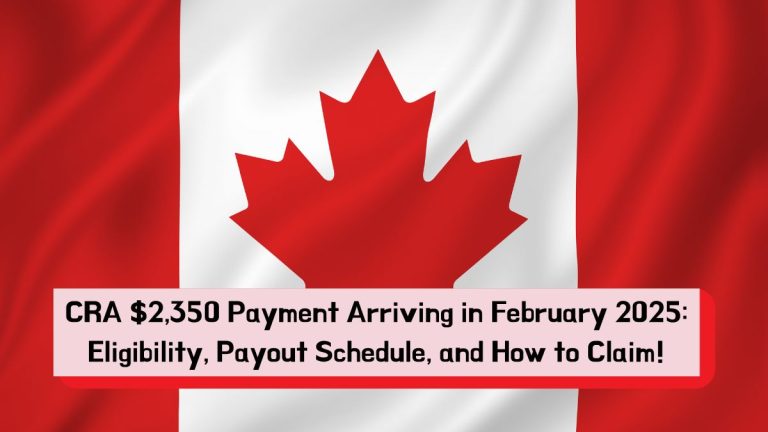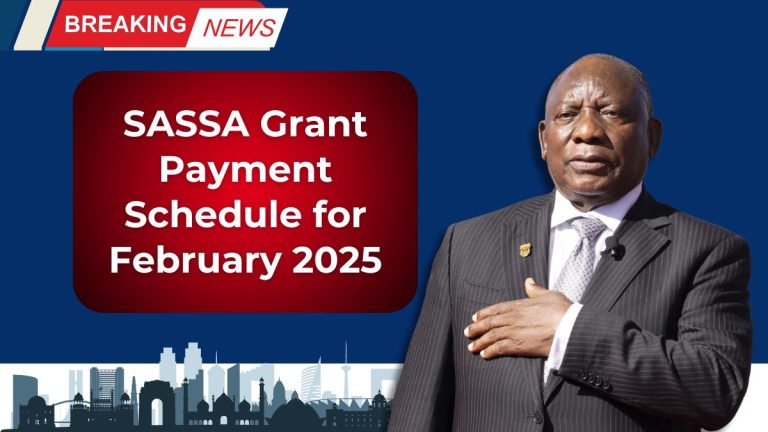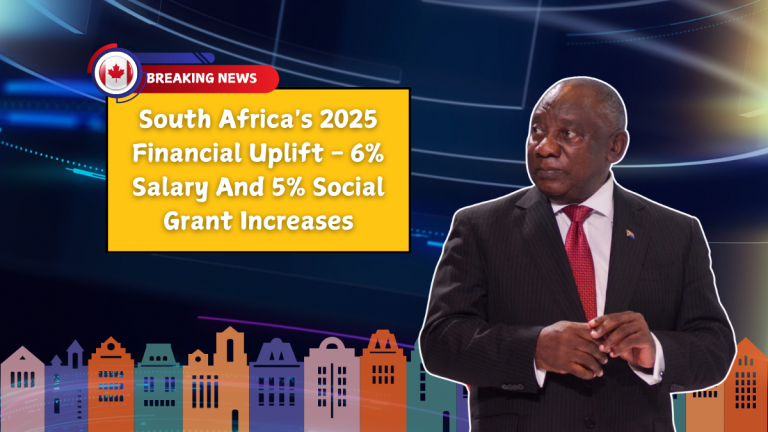As South Africa approaches 2025, significant transformations in social support systems are on the horizon. The impending conclusion of the Social Relief of Distress (SRD) grants has prompted discussions about introducing a Universal Basic Income (UBI) to address persistent poverty and unemployment challenges.
SRD Grants in South Africa
The SRD grant, providing R350 per month, was introduced to offer financial relief to over 10 million South Africans during the economic downturn caused by the COVID-19 pandemic.
It aimed to support individuals who lost their jobs or faced severe financial hardships, highlighting existing social inequalities and sparking debates on long-term poverty alleviation strategies.
Understanding Universal Basic Income (UBI)
Universal Basic Income (UBI) is a system where the government provides regular, unconditional cash payments to all citizens, regardless of their employment status or income level. Advocates suggest that UBI could replace fragmented social assistance programs, offering a sustainable safety net for society.
In South Africa, UBI is considered a potential permanent solution to poverty and unemployment, with proposed monthly payments ranging from R350 to R1,200, depending on fiscal capacity.
Implications of SRD Grant Termination
The cessation of SRD grants poses several challenges:
- Increased Vulnerability: Households dependent on SRD grants for essential needs may experience heightened poverty levels in their absence.
- Unemployment Concerns: With an unemployment rate exceeding 30%, discontinuing SRD grants could exacerbate economic disparities.
- Economic Impact: Reduced disposable income may negatively affect local businesses reliant on consumer spending.
The UBI Debate: Opportunities and Challenges
Implementing UBI in South Africa presents both prospects and obstacles:
Opportunities
- Poverty Reduction: UBI could provide consistent financial support to those in need.
- Economic Stability: A guaranteed income might encourage entrepreneurship and consumer spending, bolstering the economy.
- Simplified Welfare System: UBI could streamline existing grant programs, reducing administrative costs.
Challenges
- Fiscal Viability: Funding UBI requires substantial resources, potentially leading to tax increases or reallocation of funds from other sectors.
- Inflation Risk: An influx of disposable income could increase demand, driving up prices and diminishing UBI’s purchasing power.
- Resource Allocation: Critics argue that UBI may distribute funds to individuals who do not require financial assistance, potentially diverting resources from those in greater need.
Comparison of SRD Grant and Proposed UBI
| Aspect | SRD Grant | Proposed UBI | Potential Impact |
|---|---|---|---|
| Monthly Amount | R350 | R350 – R1,200 | Increased support for beneficiaries |
| Eligibility | Unemployed individuals not receiving other grants | All citizens regardless of employment status | Broader coverage, including employed individuals |
| Duration | Temporary | Permanent | Long-term financial stability |
| Administrative Complexity | High, due to means-testing | Lower, with universal distribution | Reduced administrative costs |
| Economic Effect | Limited stimulus | Potential for increased consumer spending | Economic growth stimulation |
Future of Social Support in South Africa
The South African government is exploring alternatives to replace SRD grants, with UBI emerging as a potential solution for providing financial security to vulnerable populations.
Details are expected to be refined through pilot studies and national consultations. Beneficiaries should stay informed about developments and consider alternative support options during this transition, including assistance from NGOs, community initiatives, and financial literacy programs.
FAQs
What is the SRD grant?
The Social Relief of Distress (SRD) grant is a temporary financial assistance program providing R350 per month to unemployed South Africans affected by the COVID-19 pandemic.
When will the SRD grant end?
The SRD grant is scheduled to conclude by 2025, prompting discussions on alternative social support measures.
What is Universal Basic Income (UBI)?
Universal Basic Income (UBI) is a proposed system where the government provides regular, unconditional cash payments to all citizens, aiming to reduce poverty and economic inequality.

